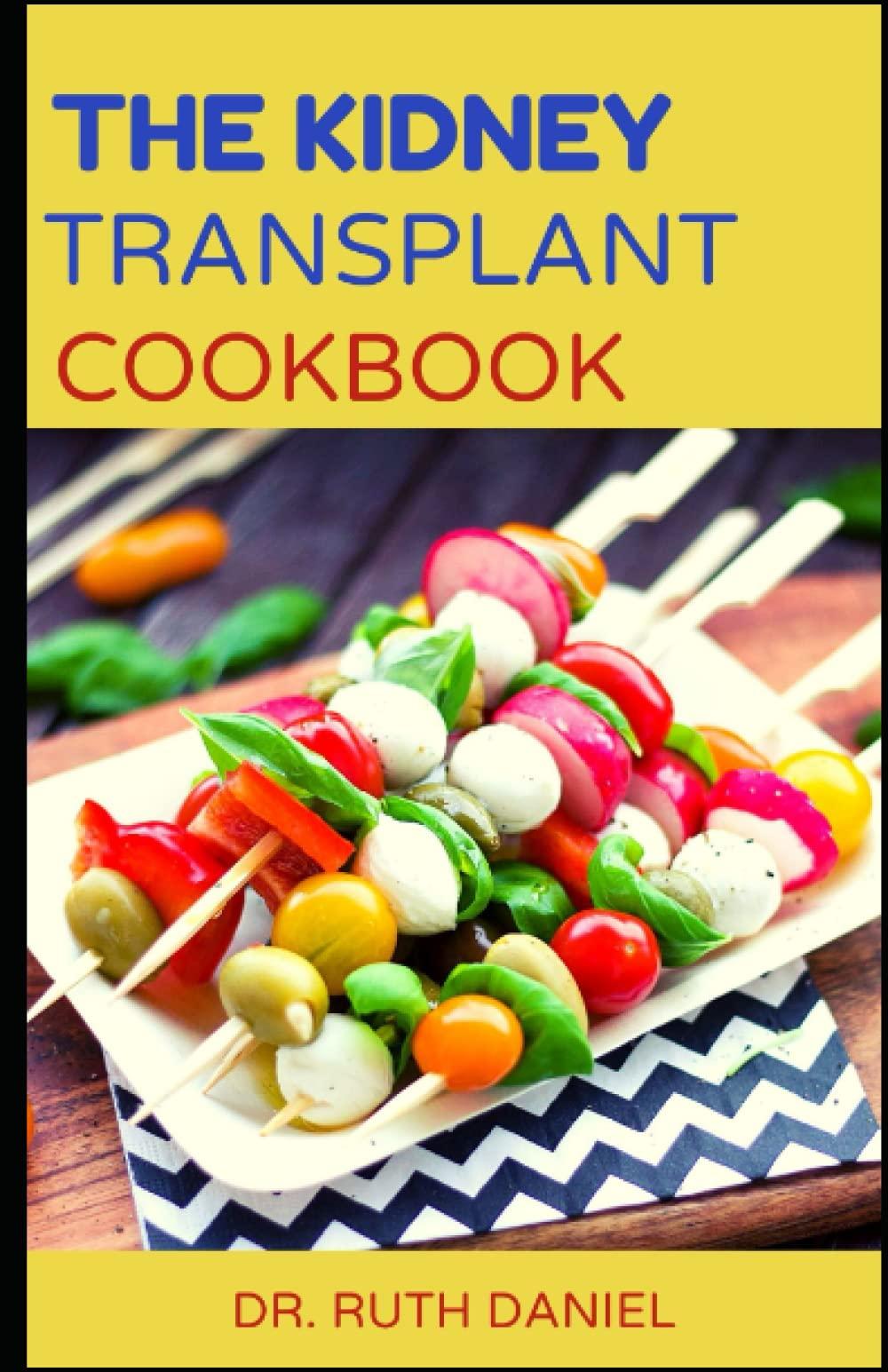THE KIDNEY TRANSPLANT COOKBOOK: A Nutrition Guide and Cookbook For Transplant
Patients


THE KIDNEY TRANSPLANT COOKBOOK: A Nutrition Guide and Cookbook For Transplant Patients
Description :
Transplantation requires a change of lifestyle. Maintaining good nutritional health while undergoing and continuing this change of lifestyle is important. Many of the medications and procedures experienced by transplant patients can alter sense of taste or inhibit the desire to eat. As such, creating a healthy but varied and inviting menu for the transplant patient can be challenging. This book was written to help guide the transplant patient or any patient towards maintaining a healthy lifestyle.Adequate nutrition is important both before and after your transplant surgery. Prior to transplant surgery: •People with good nutritional intake heal quicker after surgery •It is important to
continue to eat well balanced meals when you are trying to delay need for dialysis •If you have questions, become frustrated or unsure of what to eat, the transplant dietitian can help you. She is available to provide nutrition education on Stage 4 and Stage 5 chronic kidney disease (CKD). After a kidney transplant, your diet still plays a big role in managing your health. Proper nutrition will reduce your risk of infection and rejection. •If you were on dialysis and had a kidney transplant, you may find this diet easier to follow than the one you were on for dialysis. •Long term, a wellbalanced diet, consisting of lean protein, low-fat dairy products, vegetables, fruit, nuts, and a variety of grains will help maintain good health and kidney function.Many people have a better appetite after they get a transplant, and they gain unwanted weight. It is important to eat the right portion sizes for weight management as well as blood sugar control. Limit high-calorie foods such as fatty foods, sweets, pastries, and other foods high in fat or sugar. You can help control your calories by eating:Foods high in fiber, such as vegetables and fruitsLean meat, skinned poultry and fishNonfat dairy products, such as skim milkSugar-free drinks like water, unsweetened tea, coffee or milkControlling your weight will lower your chance of having problems such as heart disease, diabetes, and high blood pressure. If you gain unwanted weight, you will need to exercise more and follow a lower calorie diet.Good eating habits help prevent health complications from post-transplant medications.TO LEARN MORE GRAB A COPY TODAY
